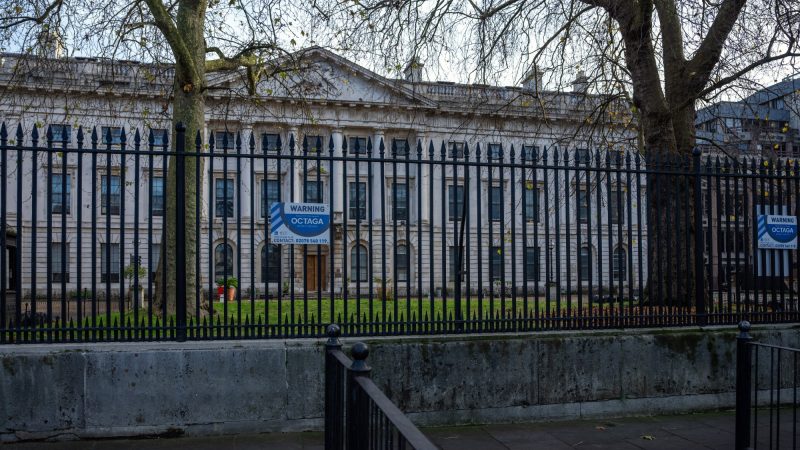
The proposed expansion of the Chinese embassy in London has sparked a firestorm of controversy, drawing opposition from a surprisingly broad coalition. Local residents, understandably concerned about the impact on their neighborhood, have voiced their objections. But the opposition extends far beyond the immediate community. Tower Hamlets Council, the local governing body, has also expressed significant reservations, highlighting potential disruptions and concerns about the project’s scale.
The Metropolitan Police, responsible for maintaining order and security in the area, are also reportedly involved in the discussions, likely weighing the implications for policing and resource allocation in the vicinity of such a large and potentially high-security facility. Furthermore, the involvement of Britain’s security services underscores the gravity of the concerns, suggesting potential national security implications are being carefully considered.
The controversy even transcends national borders. Reports indicate that the Trump administration, during its tenure, expressed concerns about the project. Adding to the intrigue, the opposition spans multiple British governments, suggesting that the concerns surrounding the embassy expansion are not merely partisan but rather reflect deep-seated anxieties about China’s growing influence.
The scale of the opposition is remarkable. It’s rare to see such a diverse range of actors – from local residents to national security agencies and across multiple administrations – united in their concerns. This unified front raises serious questions about the potential consequences of allowing such a significant expansion to proceed. The debate highlights the complexities of balancing diplomatic relations with national security and community interests, and the ongoing scrutiny of China’s global ambitions.










